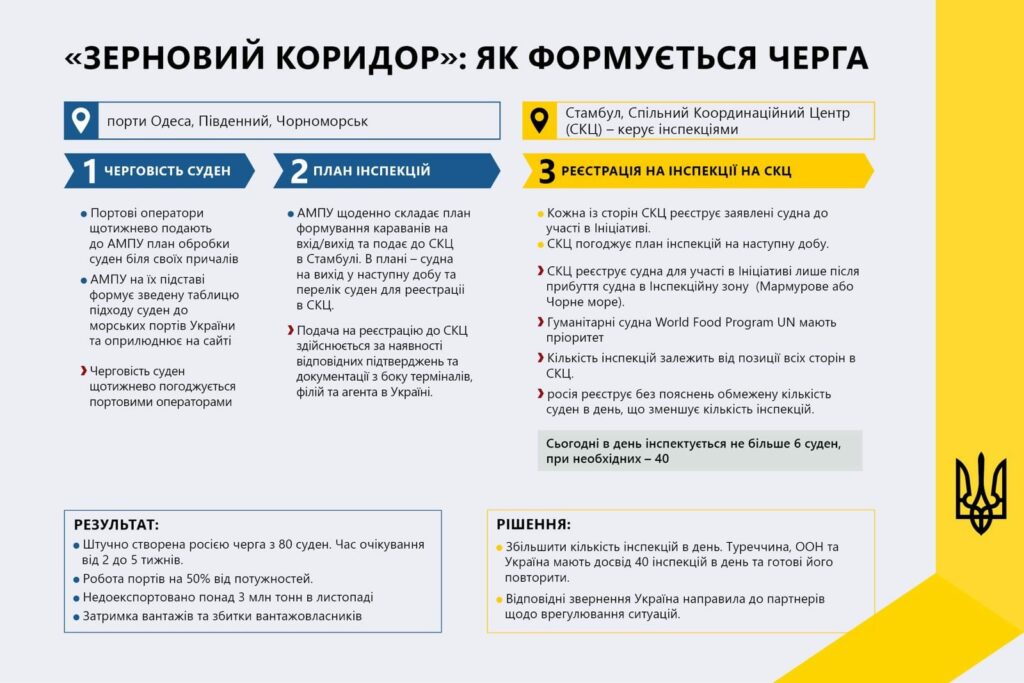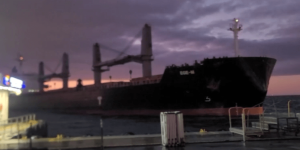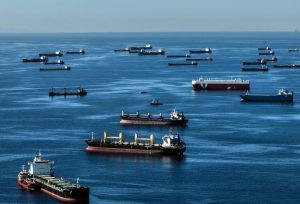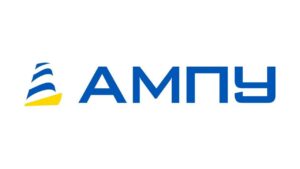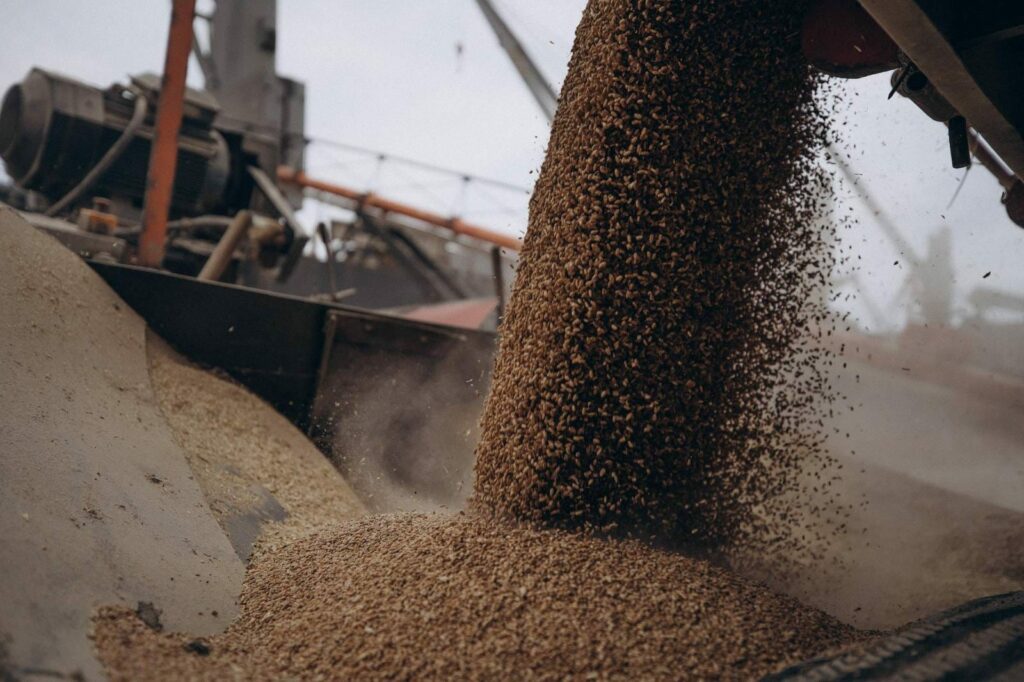USPA: the electronic queue does not solve the problems of vessels inspection in the Bosphorus
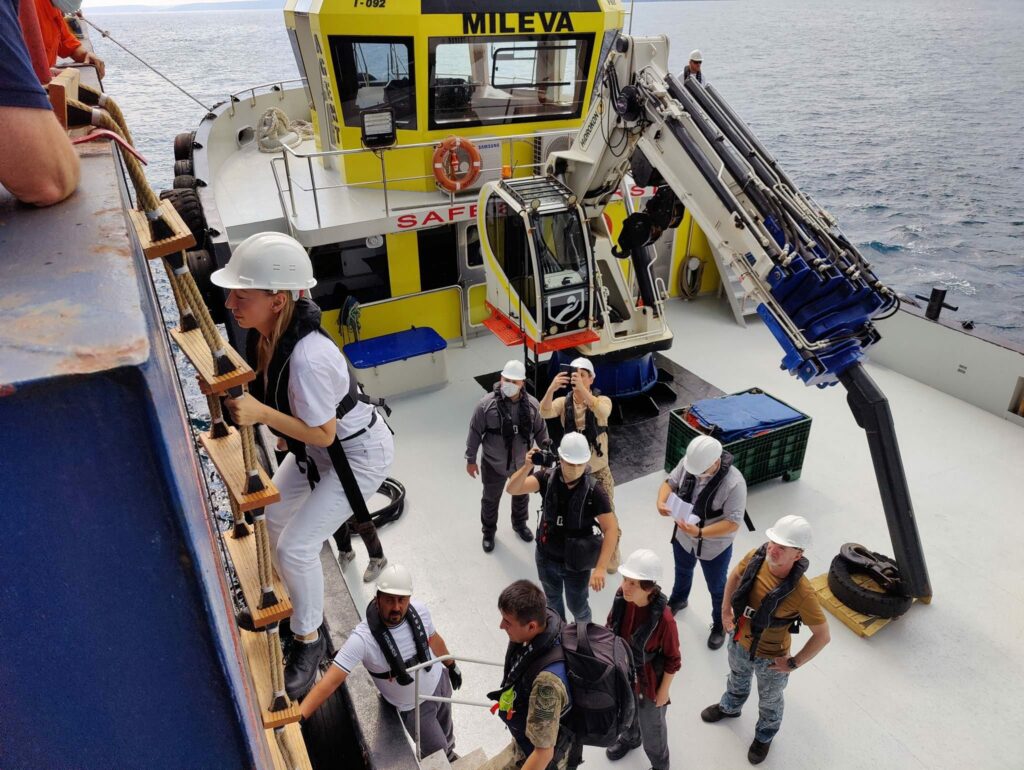
Although the electronic queue made it possible to optimize and make transparent the planning of ships’ calls to the ports of Great Odesa, it does not solve the problems of ship inspection in the Bosphorus.
It was fundamentally important for USPA to implement a process that would be transparent and understandable for the market, the department noted.
“We did it by analogy with the Danube ports – we started an electronic queue. But no matter what effective planning tools we implement, russian federation has a destructive position in the work of the “grain corridor,” the Administration noted.
It is because of russian federation that when passing control in the Bosphorus, instead of the necessary 24-30 vessels per day (in equal shares for entry and exit), an average of only 3.5 vessels for entry and 3 for exit is actually inspected.
“We already saw last month a queue in the Bosphorus with more than 150 ships that were idle there for more than 30 days. Then they solved this problem together with the UN and Turkey. Today, such a trend is being repeated,” said Oleksiy Vostrikov, head of the USPA.
Today, 96 ships are waiting for inspection and the queue will grow if the number of inspections per day is not increased. The loading of ports is less than 50% and, as a result, the countries of the world did not receive 3 million tons of agricultural products in November.
“The situation with russian federation blocking the operation of the “grain corridor” is discussed at daily industry meetings and weekly meetings with agricultural market participants. The only way out is to increase the number of daily inspections. “Ukraine sent a corresponding appeal to the partners of the initiative – the UN and Turkey,” the USPA summarized.
